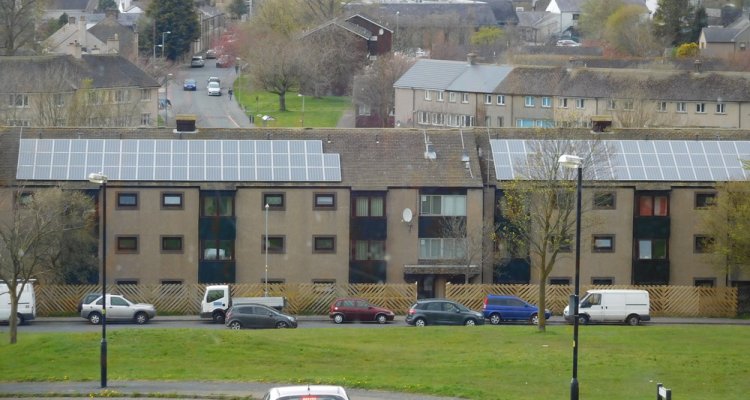
Project
Storing renewable energy in urban households (StoRE)
Local storage of renewable energy is key to the sustainability of electricity consumption. In order for renewable energy to cover a substantial amount of our energy needs, it will need to be generated locally and at small scales, in addition to high-volume industrial generation (as in solar parks or wind farms). Not only will such locally generated energy reduce demand on the main grid, it can also feed energy into the grid for consumption elsewhere. However, because the daily and seasonal supply of renewable energy depends on factors largely beyond our control, peak supply can overtax the grid’s carrying capacity. This danger will only increase as more people and companies opt to generate energy locally. Having the capacity, however, to store all that energy locally can serve two purposes: firstly, it creates small local supplies of energy for consumption when no new renewable energy is coming in (for instance at night, in the case of solar panels); thus, it can satisfy people’s need for greater autonomy in their energy provision. This simultaneously means it can further decrease demand on the main grid. Secondly, it can also allow local producers of energy to ‘dose’ the amount they feed into the main grid, reducing peak stress on the system.
The deployment of storage capacity in households, however, is still wholly novel in the Netherlands. There is no real legal framework for it, while providers are still experimenting with the organizational framework. It is unclear who can and should get paid for what and how. In particular, it isn’t clear what is in it for consumers-turned-producers (so-called “prosumers”), what they would expect from it, and how they would adapt their (energy) consumption practices in interaction with the new technology. These final questions in particular form the basis for the URSES+ “Storage of Energy Systems in urban households” project. In it, I will talk with participants of the City-zen pilot project in Amsterdam Nieuw-West, where batteries serve to aggregate up to 50 households with solar panels into a ‘virtual power plant’, a collective able to share and trade the energy they generate. Together with the partners we will come up with future arrangements that serve householders, providers as well the sustainability of the system, while also thinking through the social theoretical implications of these new socio-technical arrangements of consumption, production and exchange.
The research project ‘Storing renewable energy in urban households (StoRE)' is part of the ENP research theme ‘Sustainable Urban Infrastructures’ and is funded by NWO.